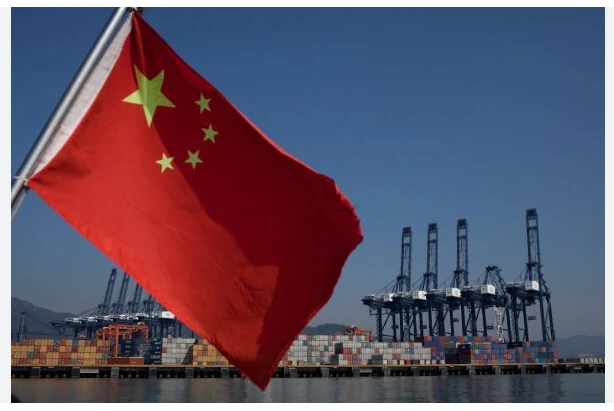China's top brass to meet with all eyes on economy

Stay tuned with 24 News HD Android App

Top Chinese officials gather in Beijing on Monday, with all eyes on how they might kickstart lacklustre growth at a key political meeting that has traditionally seen officials unveil big-picture economic policy changes.
The world's second-largest economy is grappling with a real estate debt crisis, weakening consumption, an ageing population and geopolitical tensions overseas.
President Xi Jinping will oversee the ruling Communist Party's secretive Third Plenum, which usually takes place every five years in October, though Beijing has offered few hints about what might be on the table.
State media in June said the delayed four-day gathering would "primarily examine issues related to further comprehensively deepening reform and advancing Chinese modernization", and Xi last week said the CCP was planning "major" reforms.
Analysts are hoping those pledges will result in badly needed support for the economy.
"There are many hopes that this Third Plenum will provide some new breakthroughs on policy," Andrew Batson of the Beijing-based consultancy Gavekal Dragonomics told AFP.
"China's government has struggled to execute a successful economic strategy since emerging from the pandemic," he added.
But he said he did not expect a "fundamental departure from the course Xi has already laid out", in which technological self-sufficiency and national security outweigh economic growth.
And the People's Daily, the Communist Party's official newspaper, warned on Monday that "reform is not about changing direction and transformation is not about changing colour".
Ting Lu, chief China economist at Nomura, said the meeting was "intended to generate and discuss big, long-term ideas and structural reforms instead of making short-term policy adjustments".
The Third Plenum has long been an occasion for the Communist Party's top leadership to unveil major economic policy shifts.
In 1978, then-leader Deng Xiaoping used the meeting to announce market reforms that would put China on the path to dazzling economic growth by opening it to the world.
And more recently following the closed-door meeting in 2013, the leadership pledged to give the free market a "decisive" role in resource allocation as well as other sweeping changes to economic and social policy.
- Growth figures expected -
This year's conclave will begin the same day China is due to release its growth figures for the second quarter.
Experts polled by AFP expect China's economy to have grown, on average, 5.3 percent year-on-year between April and June.
Beijing has said it is aiming for five percent growth this year -- enviable for many Western countries but a far cry from the double-digit expansion that for years drove the Chinese economy.
Authorities have been clear they want to reorient the economy away from state-funded investment and instead base growth around high-tech innovation and domestic consumption.
But economic uncertainty is fuelling a vicious cycle that has kept consumption stubbornly low.
Among the most urgent issues facing the economy is a persistent crisis in the property sector, which long served as a key engine for growth but is now mired in debt, with several top firms facing liquidation.
Authorities have moved in recent months to ease pressure on developers and restore confidence, such as by encouraging local governments to buy up unsold homes.
Analysts say much more is required for a full rebound as the country's economy has yet to bounce back more than 18 months after damaging Covid-19 restrictions ended.
"Short-term stimulus is badly needed to boost the teetering economy," Nomura's Ting said.
But, he added, "major steps towards market-oriented reforms might be limited this time".
